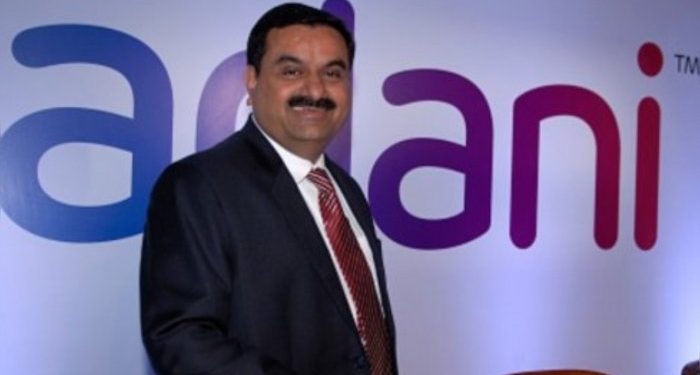Prime Minister Narendra Modi’s assertion in Rajasthan January 28 that several attempts were made to “break India geographically, culturally, socially and ideologically” seems to have a double meaning. It may not necessarily be an innocuous statement on India’s inherent strength and resilience that has stood the test of time. The timing is significant and there is more in the remark than meets the eye. For, it comes only a few days after two foreign agencies – the media outlet BBC and New York-based investor research firm Hindenburg – showed the guts to take on the high and mighty of India representing the country’s highest political and financial powers respectively. While addressing the grand occasion of the 1111th Avataran Diwas of Bhagwan Shri Devnarayan, the Prime Minister noted that India is not just a land mass but is “an expression of our civilization, culture, harmony and possibilities.” Elaborating his contention he said despite several attempts to break India “no power could finish India.” It is also significant that he attributed the country’s capabilities to withstand such attacks to “the strength and inspiration of the Indian society that preserves the immortality of the nation.” So long an impression is being created by the PM and the ruling BJP that the country has embarked on a path of progress during his tenure like never before as if a new era of progress and prosperity has dawned since he assumed the reins of government in 2014. Recent events have, however, forced people to see the skeletons falling out of the cabinet.
The narrative has been put under a scanner by the BBC with its two-part series questioning the role Modi had played as Chief Minister of Gujarat during the riots and massacre of the minorities in 2002. The government immediately imposed a ban on the series instead of allowing the people to watch the documentaries and judge for themselves what the truth may be. It is not as if the voter in India was unaware about Modi’s murky past. Yet the people have been standing steadfast with him primarily because they probably feel the Indian Moslem has not yet learnt a lesson.
No sooner had the controversy started snowballing than came another disclosure of monumental proportions about alleged shady deals by the Gautam Adani group that is perceived to be close to the Prime Minister personally. In fact, the owner of the group earned the distinction of being the world’s second-richest billionaire under the Modi government within a very short span of time. The US-based Hindenburg Research published a report January 24 raising several questions and concerns that range from the Adani group’s high debt levels and negative cash flows to the use of shell companies based in tax havens such as Mauritius, the UAE, and the Caribbean. The report charges the Adani group with engaging in “brazen stock manipulation and accounting fraud.” The impact of the expose was such that shares of all listed companies of the group immediately came under acute pressure. At the close of market last week Adani Enterprises, the flagship entity of the group was down around 18 per cent. Adani Transmission, Adani Total Gas and Adani Green Energy fell 20 per cent, while Adani Ports was down 16 per cent. Adani Power and Adani Wilmar were down 5 per cent each. This is an unprecedented financial bloodbath. So much so that the Forbes Real-Time Billionaires lists Gautam Adani lost around $22.6 billion pushing him to the seventh slot in the list of the world’s richest billionaires. Only on November 20, 2022, he became the world’s second richest person with a net worth of $156.3 billion, ahead of Louis Vuitton’s owner Bernard Arnault, and Jeff Bezos, founder of Amazon. The investor research firm, Hindenburg, labelled Adani as the “biggest con in corporate history.” Never before has a single report caused so much loss of money that a front-ranking billionaire of the world got his position among the wealthiest few so downgraded. Naturally, the Adani group has threatened to sue the firm for causing huge financial losses and goodwill. It also questioned the timing of the disclosure as it was about to launch the biggest public share offering of the country to raise US$2.5 billion to fund capital expenditure and reduce debt.
The talk about the legal challenge is somewhat better than the Indian government’s tactic of slapping a ban on the telecast of the BBC series. Hugely interesting to observe was the manner in which the Adani group Chief Financial Officer Jugeshinder Singh took to social media and released a video where he is seen acting belligerent towards the Hindenburg expose all the time that the video ran, there was an Indian national flag behind him as a backdrop. Obviously, the effort was to not-so-subtly suggest to the viewer the idea that talking or acting against Adani amounts directly to opposing India.
However, it is to be seen whether the threat by Adani would really be translated into action. Hindenburg has welcomed it and said this would give it the opportunity to make the group produce documents in the court that, it claims, would further buttress its allegations. It could be a new corporate war the world has not seen before. But, its political fallout will be keenly watched too as the links between Modi and Adani are too thick and an open secret.







































